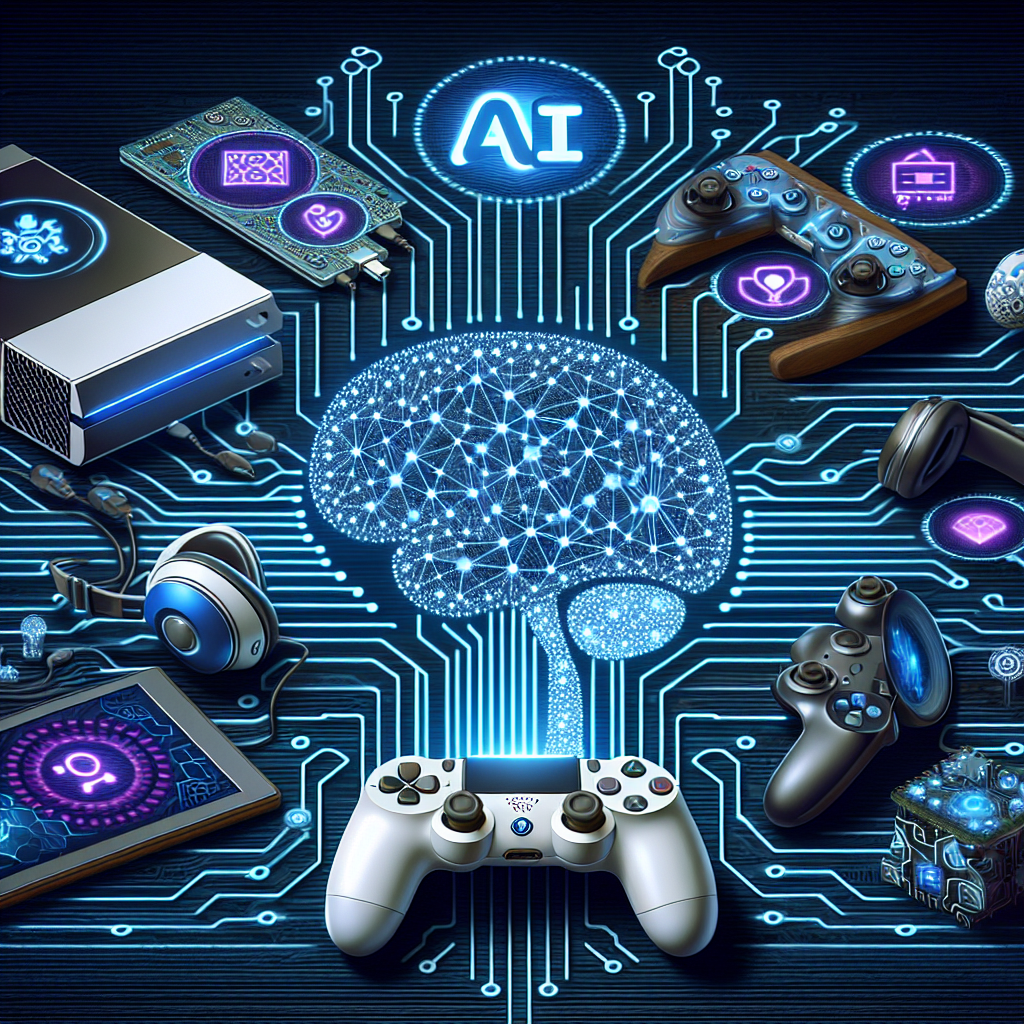Artificial Intelligence (AI) has revolutionized the gaming industry in recent years, especially in the realm of personalization algorithms. These algorithms are designed to tailor the gaming experience to the individual player, taking into account their preferences, play style, and skill level. AI technology has enabled game developers to create more immersive and engaging experiences for players, ultimately leading to increased player retention and satisfaction.
One of the main ways AI is enhancing game personalization algorithms is through the use of machine learning. Machine learning algorithms can analyze vast amounts of player data to identify patterns and correlations that would be impossible for a human to detect. This allows game developers to create personalized experiences for each player, such as recommending specific in-game items, levels, or challenges based on their past behavior.
Another way AI is enhancing game personalization algorithms is through the use of natural language processing (NLP) technology. NLP algorithms can analyze player feedback, reviews, and chat logs to understand player sentiment and preferences. This information can then be used to tailor the gaming experience to each player, such as providing them with personalized recommendations or responding to their in-game interactions in a more human-like manner.
AI-powered personalization algorithms are also being used to improve matchmaking systems in multiplayer games. By analyzing player behavior, skill level, and preferences, AI algorithms can create more balanced and enjoyable matches for players. This not only improves the overall gaming experience but also helps to prevent players from becoming frustrated or bored with the game.
Furthermore, AI is being used to create dynamic difficulty adjustment systems in games. These systems can analyze a player’s performance in real-time and adjust the difficulty of the game accordingly. For example, if a player is struggling with a particular level, the AI algorithm can make the level easier by reducing the number of enemies or obstacles. On the other hand, if a player is breezing through the game, the AI algorithm can increase the difficulty to provide a more challenging experience.
Overall, AI is revolutionizing the gaming industry by enabling game developers to create more personalized and immersive experiences for players. By analyzing vast amounts of player data, AI algorithms can tailor the gaming experience to each individual player, ultimately leading to increased player satisfaction and retention.
FAQs:
Q: How does AI analyze player data to create personalized experiences?
A: AI algorithms use machine learning techniques to analyze player data, such as gameplay behavior, preferences, and skill level. By identifying patterns and correlations in the data, AI algorithms can create personalized experiences for each player, such as recommending specific in-game items or adjusting the difficulty level.
Q: How does AI improve matchmaking systems in multiplayer games?
A: AI algorithms analyze player behavior, skill level, and preferences to create more balanced and enjoyable matches for players. By using this information, AI algorithms can create matches that are more evenly matched, leading to a better overall gaming experience for players.
Q: How does AI create dynamic difficulty adjustment systems in games?
A: AI algorithms analyze a player’s performance in real-time to adjust the difficulty of the game accordingly. By monitoring a player’s progress and skill level, AI algorithms can make the game easier or more challenging to provide a more personalized experience for each player.

